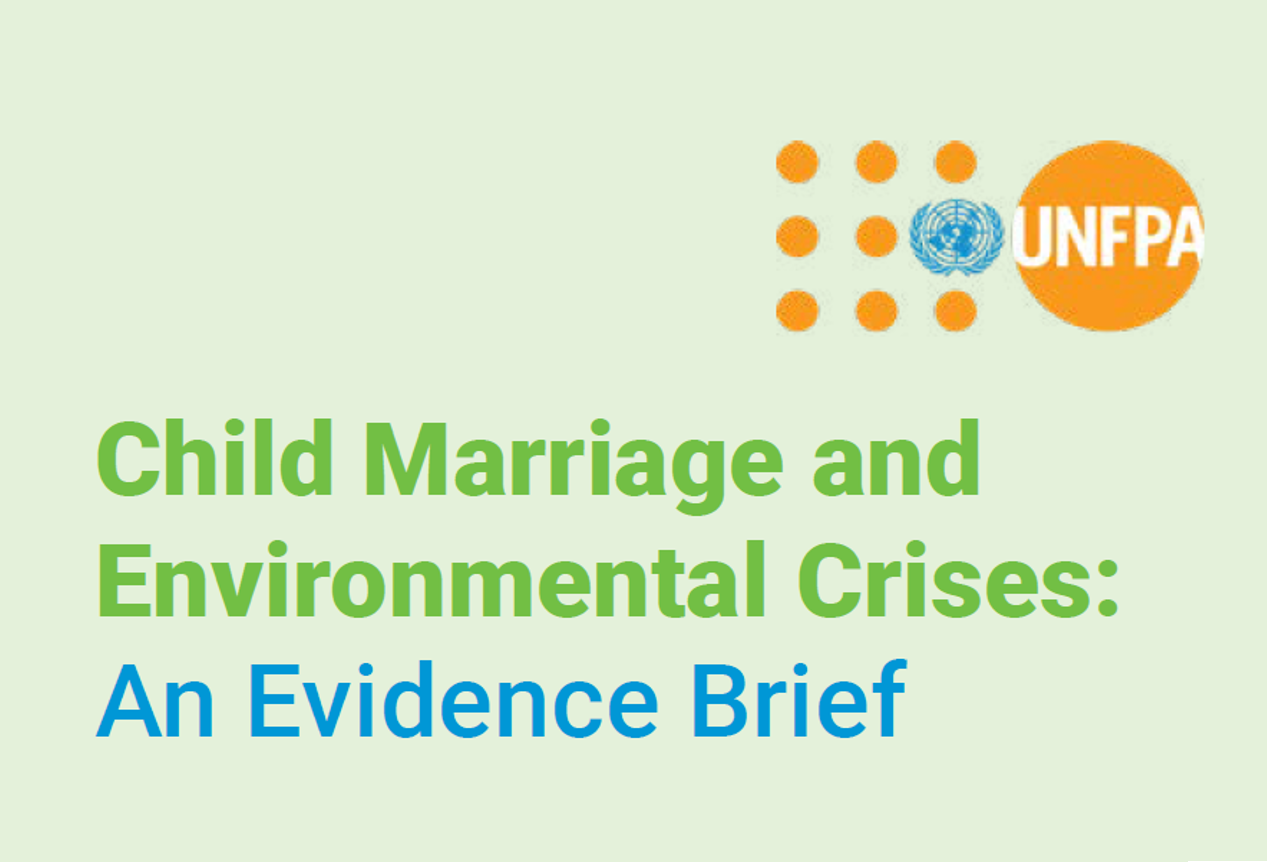Achieving climate justice: Child marriage and environmental crises
A partnership between QMUL and the UN sexual and reproductive health agency (UNFPA) has produced a scoping review, an evidence brief, and a set of infographics showing that environmental changes have profound negative impacts on sexual and reproductive rights, and on women’s and girl’s bodily autonomy.

The climate crisis has a disproportionate impact on the lives of women and girls. People need control over their bodies to respond to changing environments. Sexual and reproductive rights, health, and justice are essential in building resilience, and must be considered in climate change adaptation responses. Climate justice will not be achieved if people do not have bodily autonomy. Through a partnership between the UN sexual and reproductive health agency (UNFPA) and QMUL, resources have been made available to help understand the links between climate change and sexual and reproductive rights outcomes. A scoping review explores the relationship between child marriage and climate change, with an academic paper forthcoming. The findings, summarised in an evidence brief, show that environmental changes have profound implications for women’s and girl’s bodily autonomy. The review confirms that climate change has a negative impact on almost all sexual and reproductive rights outcomes, and leaves vulnerable women and girls at higher risk of being left behind.
Partnership agreement lead, Heather McMullen, said: 'Bodily autonomy is a fundamental human right, and is essential to achieve climate justice. Sexual and reproductive rights and health are too often unconsidered. We hope these briefs can help people make the connection'.